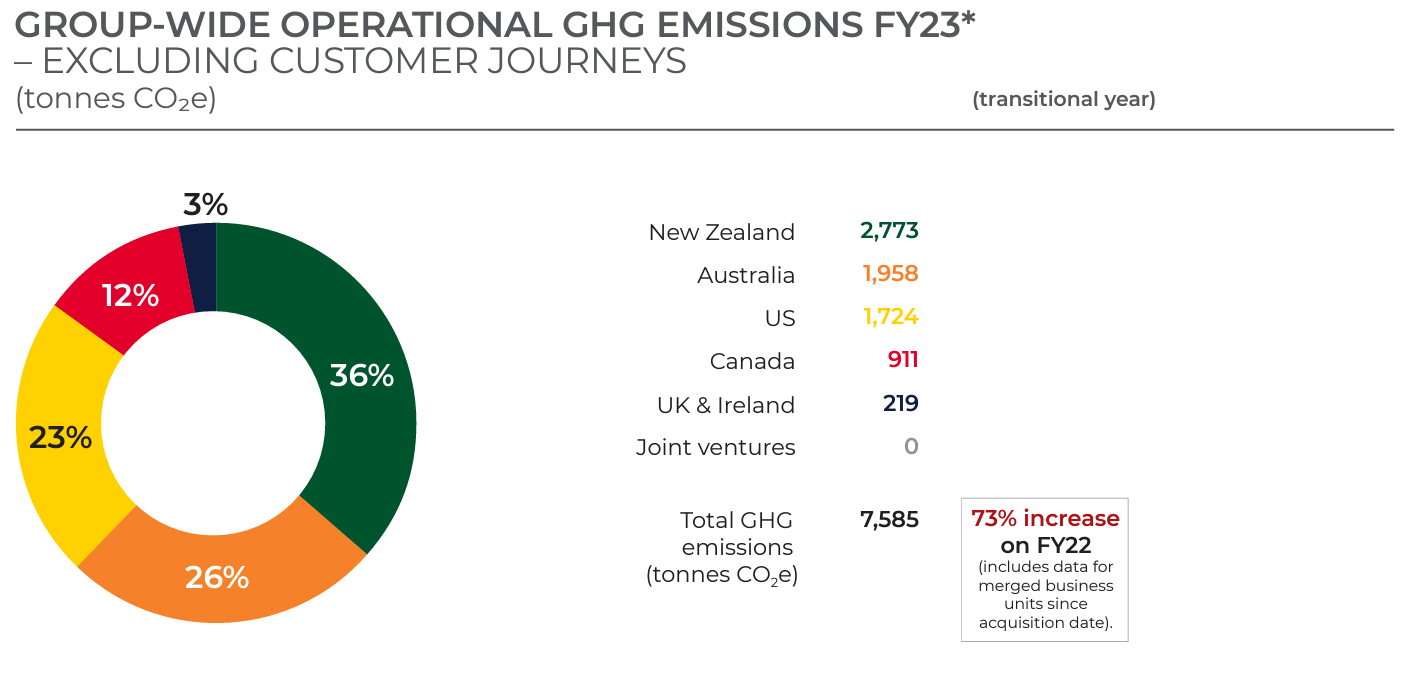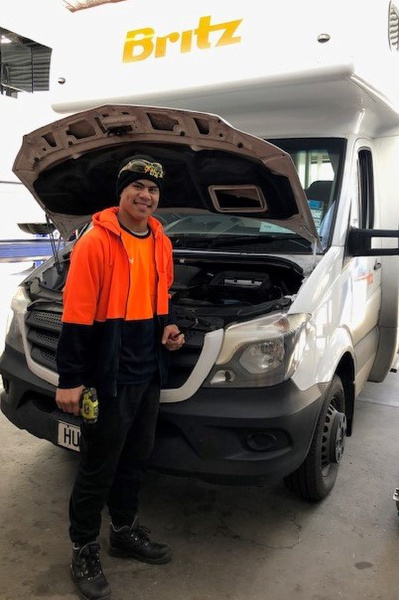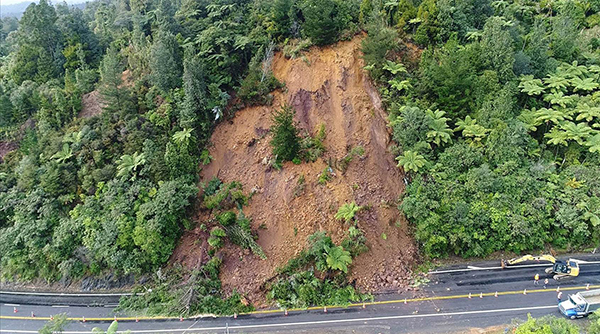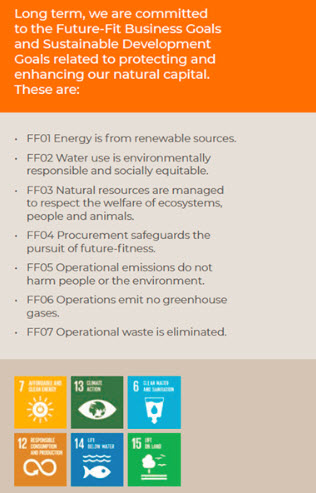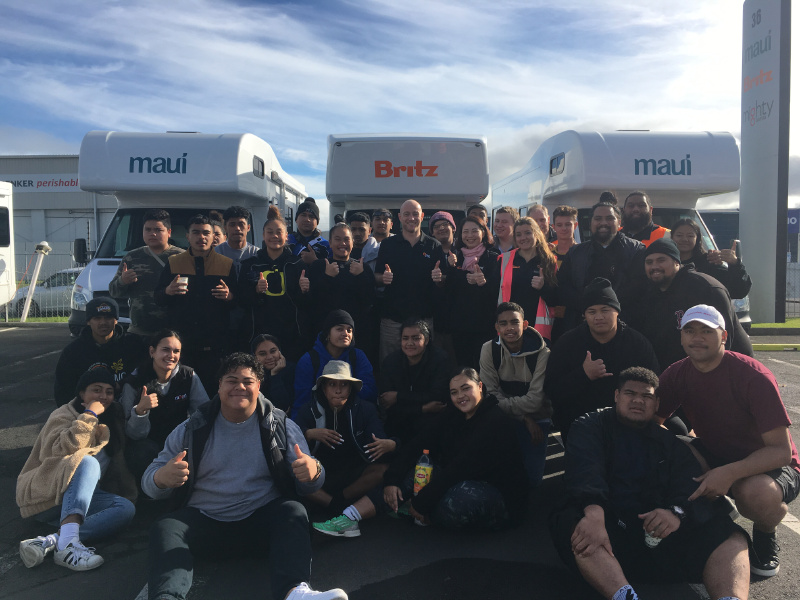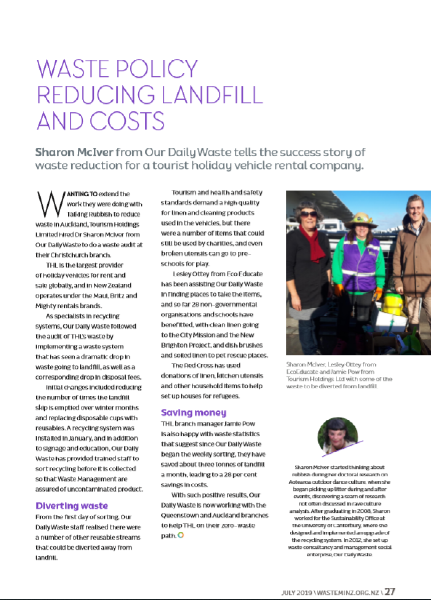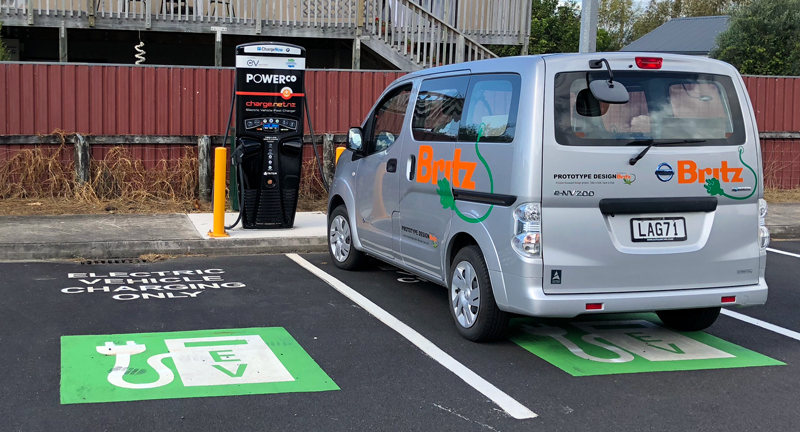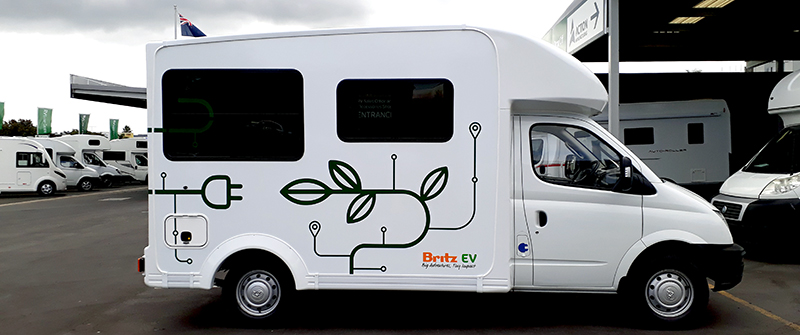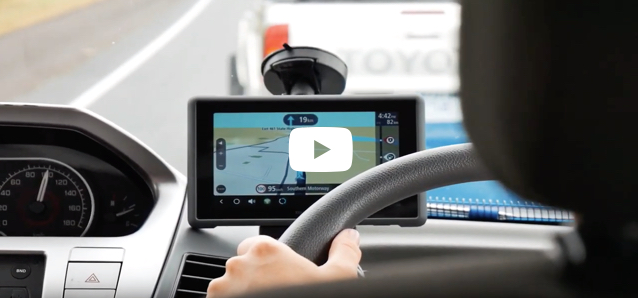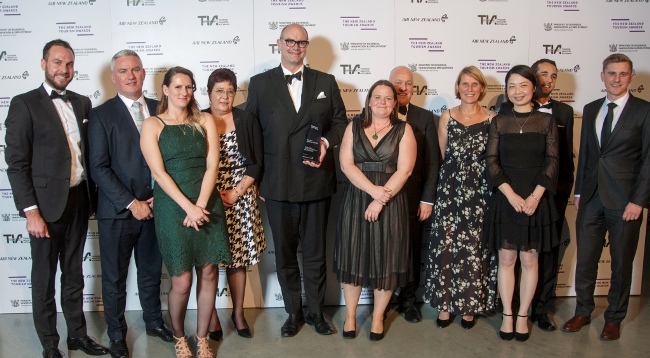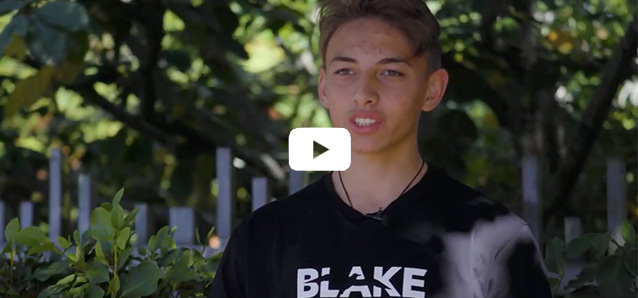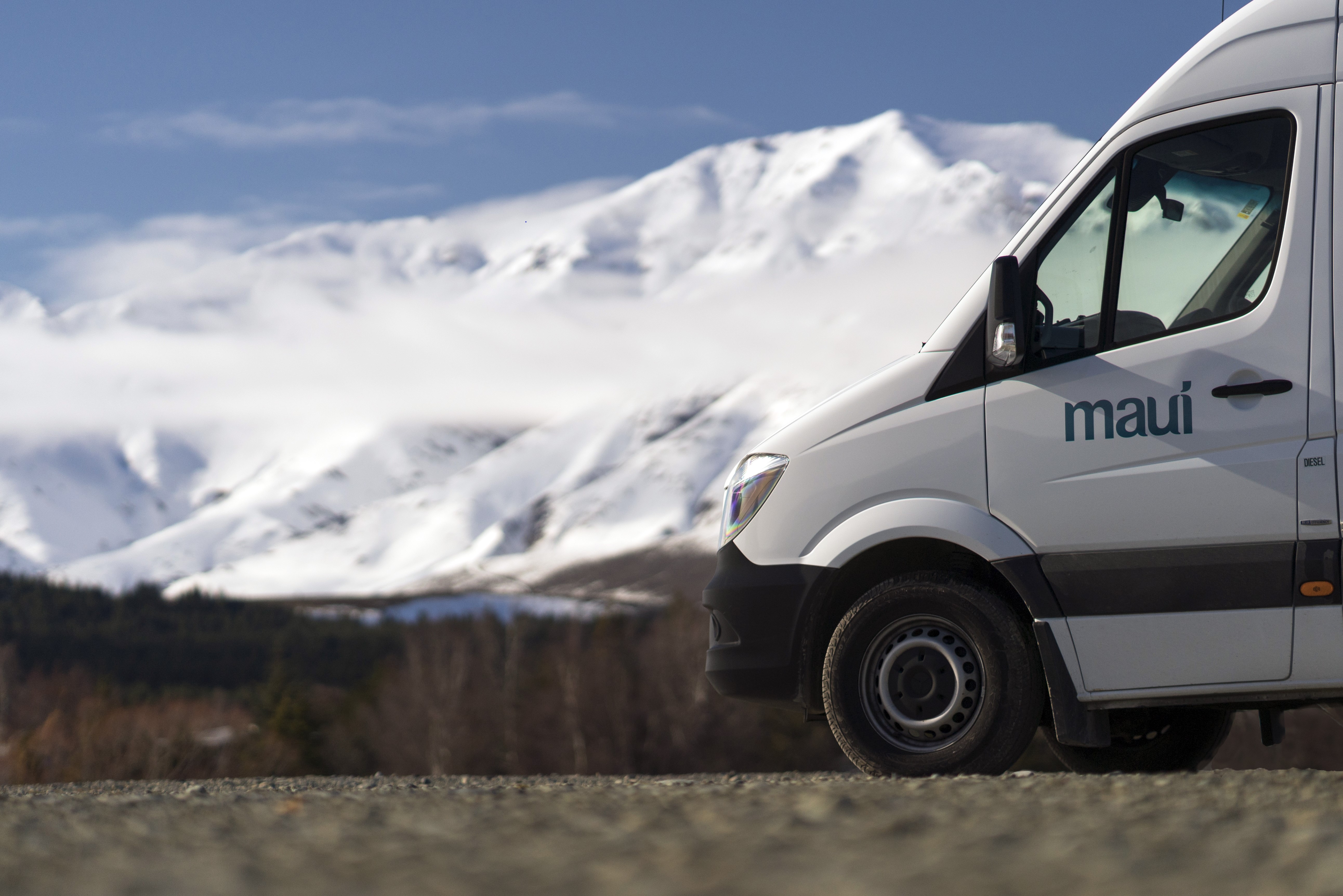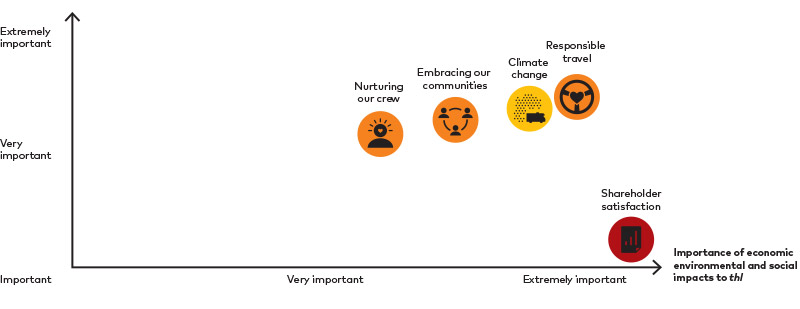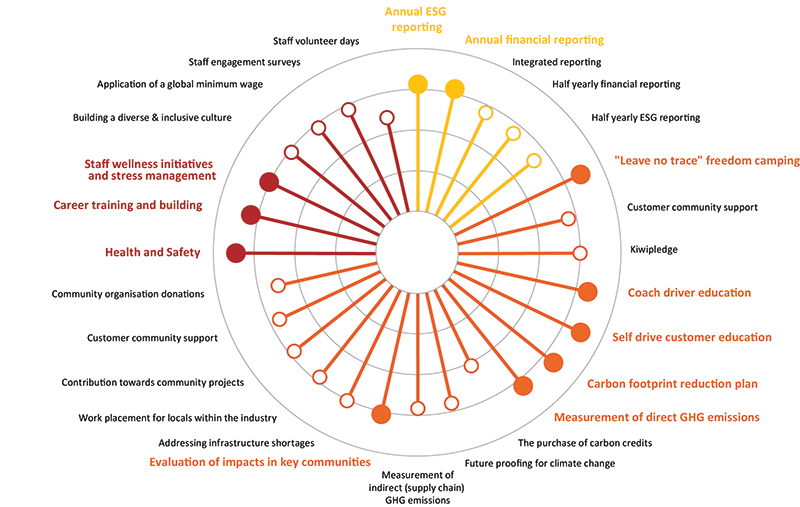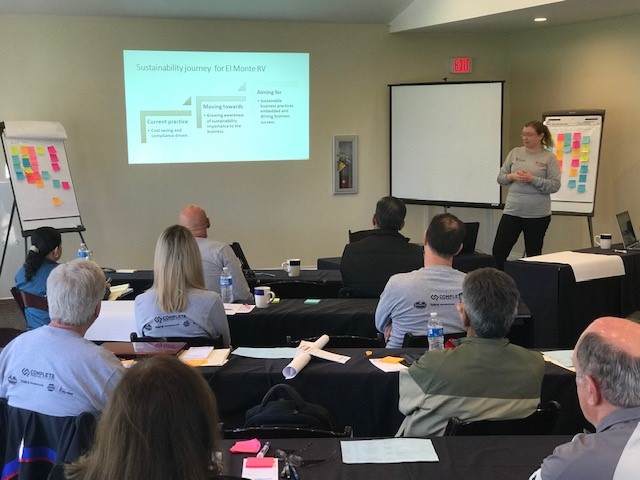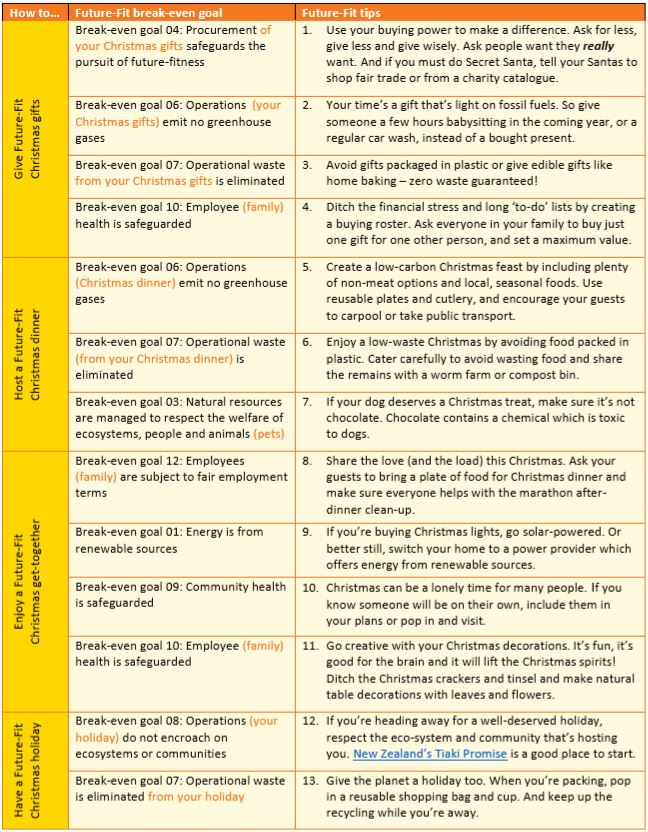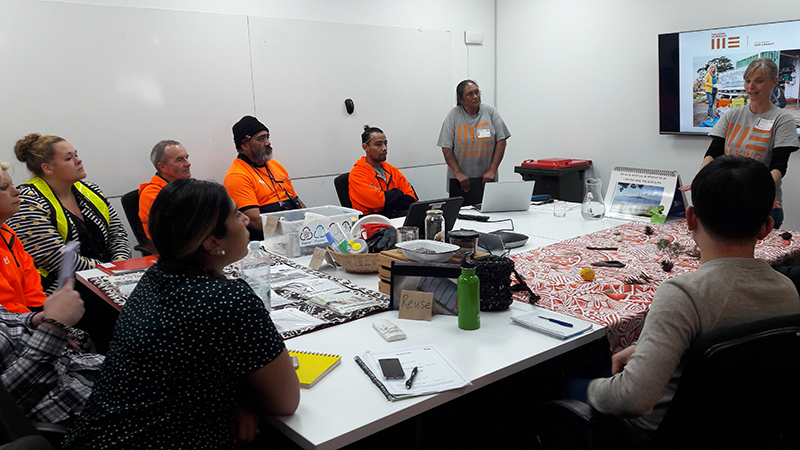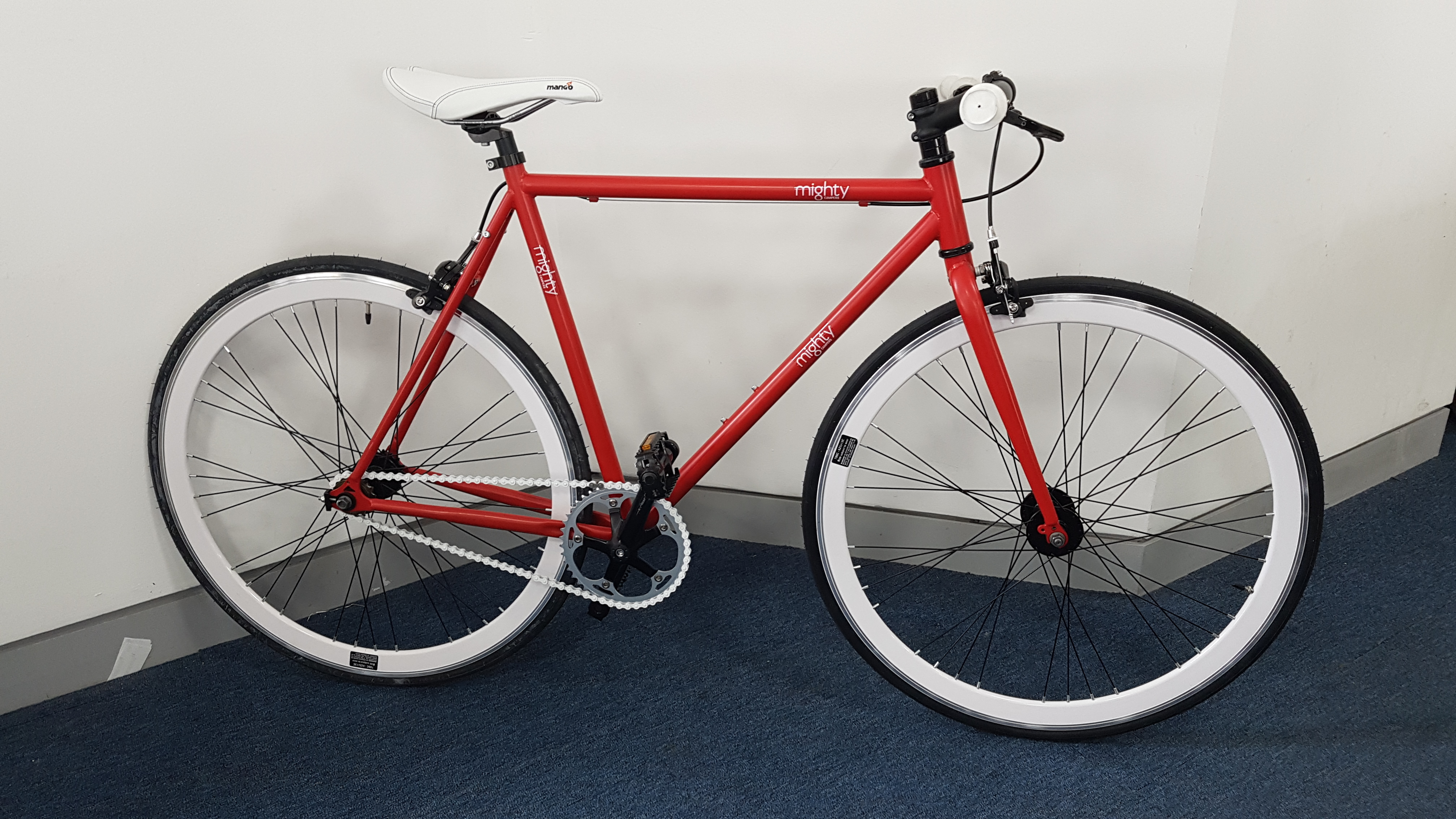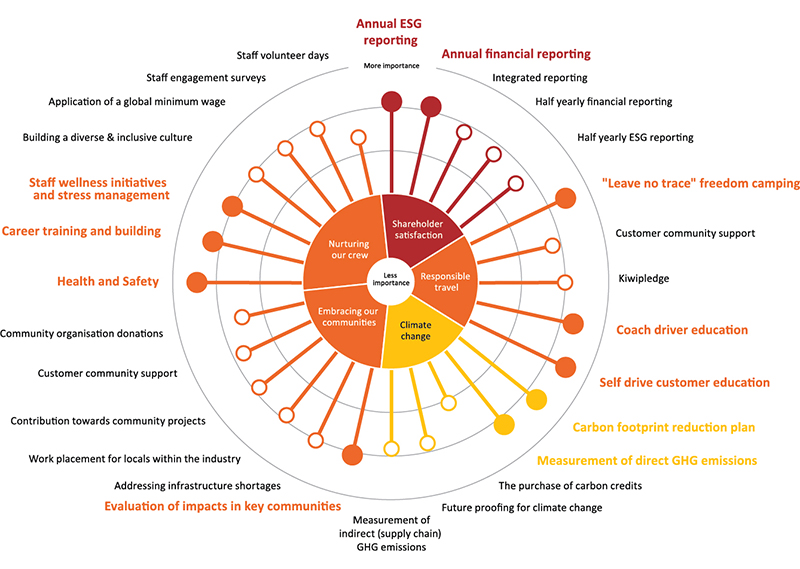Climate and tourism are intrinsically linked - each impacts on the other. The focus on emissions, changing landscapes and increasing extreme weather events influence travellers’ decisions on where to go, and the experiences they have.
Tourism as an industry has a major role to play in climate action. Long distance travel especially is still reliant on the heavy use of combustion fuels, therefore contributing to global warming and climate change. As a business we take responsibility for the GHG emissions of our activities, and those of our customers and we prepare for the impacts of climate change.
We have two major strategies in place that drive us towards our strategic objectives of reducing our absolute footprint by 20% by 2025 whilst continuing to focus on growth globally.
More specifically we have:
Drive the eRV programme
Our RV fleet causes the most significant emissions impact of all our operations. To become a no harm operator, we will drive light commercial vehicle innovation and develop additional infrastructure to sustain this. To do this well, we are undertaking a life cycle assessment of our current and future RV designs. The outcome of this will help inform our future decisions, and help our customers and stakeholders understand the difference this can make. Not only will the engines in our RVs consume less fossil fuel but using other sustainable materials and processes to construct our entire RV fleet will have a significant positive impact. Our R&D experience in the last few years has shown us the transition to zero emissions, especially in our supply chain, will take time. This will not stop us from pursuing the most fuel-efficient options in the meantime.
Zero emissions operations
Transitioning our fleet to eRVs alone will not be enough to reach carbon neutrality. We need to make our operations carbon neutral as well. We have initiatives in place that will support our journey to becoming a zero emission operator.
These include:
• Diverting organic waste from landfill across all our sites.
• Transitioning our company cars to EVs.
• Getting office eBikes where appropriate (Waitomo, Head Office and RVSC in Albany currently in place).
• Promoting carpooling and public transport where possible as better ways to commute.
• Working with our supplier to get EV coaches in the Kiwi Experience coach fleet.
• Making all our sites as energy efficient as possible.
• Installing solar PV panels on sites where it will be beneficial.
• Continued implementation of our power and water audit initiatives.


